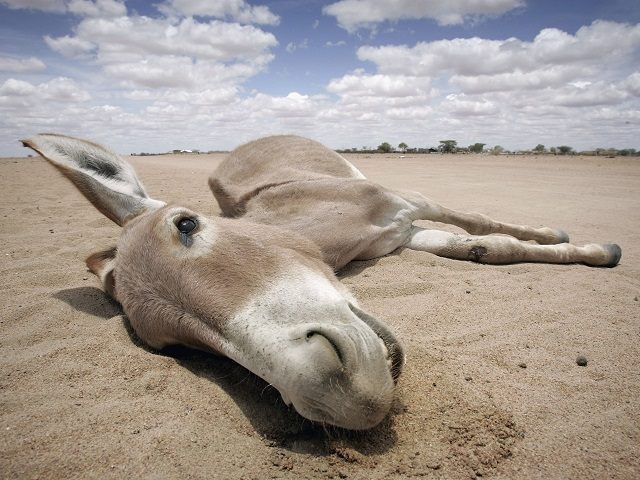TEL AVIV – Remains of animals found in Gath prove that the ancient Canaanites residing there were not using their own livestock for sacrificial offerings but imported animals from neighboring Egypt, Haaretz reported.
Until now, animal trade was thought to have begun in the Middle Bronze Age and even then was only believed to be from Canaan to Egypt. However, the discovery of donkey, sheep, and goat remains at Gath dating back some 4,900 years points to animals born and bred in the Nile Valley.
“That there were trade connections between Egypt and Canaan in the Early Bronze Age is not new. The fact that animals were a part of the trade – and that they went from Egypt to Canaan – is very interesting,” Aren Maeir, head of the excavations in Gath, told Haaretz.
The discovery, made at the archaeological site of Tell el-Safi, further underscores the strong trade relations between Egypt and Early Bronze Age Canaan.
With the aid of isotopic analysis of the animals’ teeth, archaeologists were able to determine their Egyptian origins.
The remains of an entire donkey were found at Gath. Maeir points out that, at the time, donkeys were somewhat of a “status symbol.” The donkey is also one of the symbols of the god Seth, the god of Chaos who is mentioned in the Bible as having extraordinary powers, including the ability to talk.
“The why is not clear. We do know that the donkey was originally domesticated in North Africa a few centuries before, so perhaps Egypt was still a major source of donkeys in general,” Maeir said.
“We have evidence of objects of various origins (Egypt, parts of Israel, and the southern Levant). As the site is one of the largest in the region at the time, we assume that the city had an important role in trade between the various city states at the time – just as it did in later periods, during the Iron Age I-II, for example.”
Donkeys, which were domesticated in North Africa sometime in the late 5th or early 4th millennium BCE, were seen as worthy sacrifices. Even though they were later regarded as unclean animals and therefore not suitable for sacrifice by the Israelites, from that period and until the Late Bronze Age they were routinely offered up. As part of Canaanite god Baal’s funeral, 70 asses were sacrificed.
In fact, asses were hailed and sacrificed to the gods throughout the Near East. In Middle Bronze Age Mari texts, donkeys are sacrificed as part of the signing of treaties.

COMMENTS
Please let us know if you're having issues with commenting.